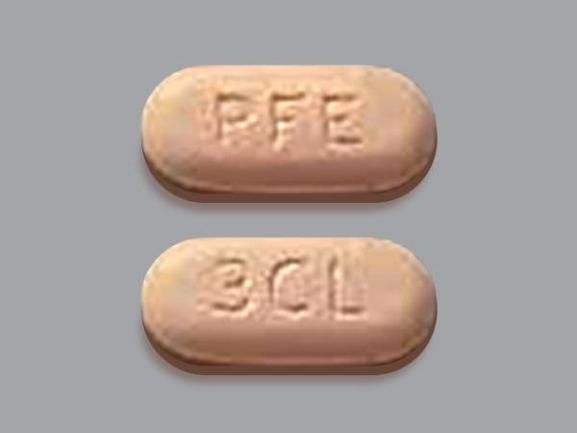Nirmatrelvir/ritonavir Interactions
There are 701 drugs known to interact with nirmatrelvir/ritonavir, along with 7 disease interactions, and 2 alcohol/food interactions. Of the total drug interactions, 264 are major, 394 are moderate, and 43 are minor.
- View all 701 medications that may interact with nirmatrelvir/ritonavir
- View nirmatrelvir/ritonavir alcohol/food interactions (2)
- View nirmatrelvir/ritonavir disease interactions (7)
Most frequently checked interactions
View interaction reports for nirmatrelvir / ritonavir and the medicines listed below.
- Abilify (aripiprazole)
- Alcohol (contained in alcoholic beverages) (ethanol)
- Aleve (naproxen)
- Allegra (fexofenadine)
- Aspirin Low Strength (aspirin)
- Atarax (hydroxyzine)
- Augmentin (amoxicillin / clavulanate)
- Benadryl (diphenhydramine)
- Celebrex (celecoxib)
- CoQ10 (ubiquinone)
- Cymbalta (duloxetine)
- Eliquis (apixaban)
- Fish Oil (omega-3 polyunsaturated fatty acids)
- Flexeril (cyclobenzaprine)
- Flomax (tamsulosin)
- Flonase (fluticasone nasal)
- Iron Sulfate (ferrous sulfate)
- Metoprolol Succinate ER (metoprolol)
- Metoprolol Tartrate (metoprolol)
- Motrin (ibuprofen)
- Mucinex (guaifenesin)
- Singulair (montelukast)
- Symbicort (budesonide / formoterol)
- Synthroid (levothyroxine)
- Tylenol (acetaminophen)
- Tylenol Extra Strength (acetaminophen)
- Vitamin B12 (cyanocobalamin)
- Vitamin C (ascorbic acid)
- Vitamin D3 (cholecalciferol)
- Zinc (zinc sulfate)
Nirmatrelvir/ritonavir alcohol/food interactions
There are 2 alcohol/food interactions with nirmatrelvir / ritonavir.
Nirmatrelvir/ritonavir disease interactions
There are 7 disease interactions with nirmatrelvir / ritonavir which include:
- liver dysfunction
- renal dysfunction
- hemophilia
- hyperglycemia
- hyperlipidemia
- heart block
- hepatotoxicity
More about nirmatrelvir / ritonavir
- nirmatrelvir/ritonavir consumer information
- Compare alternatives
- Reviews (547)
- Side effects
- Dosage information
- During pregnancy
- Drug class: antiviral combinations
- En español
Related treatment guides
Drug Interaction Classification
| Highly clinically significant. Avoid combinations; the risk of the interaction outweighs the benefit. | |
| Moderately clinically significant. Usually avoid combinations; use it only under special circumstances. | |
| Minimally clinically significant. Minimize risk; assess risk and consider an alternative drug, take steps to circumvent the interaction risk and/or institute a monitoring plan. | |
| No interaction information available. |
See also:
Further information
Always consult your healthcare provider to ensure the information displayed on this page applies to your personal circumstances.


